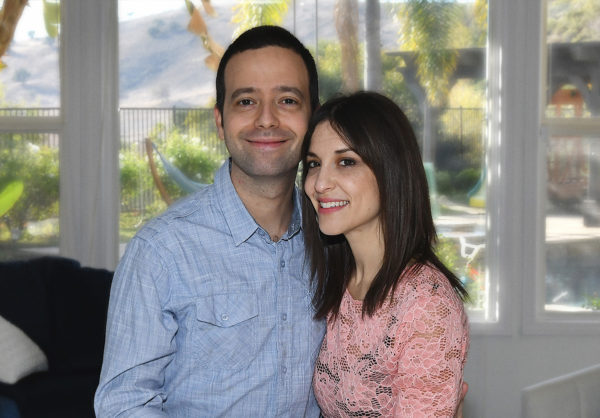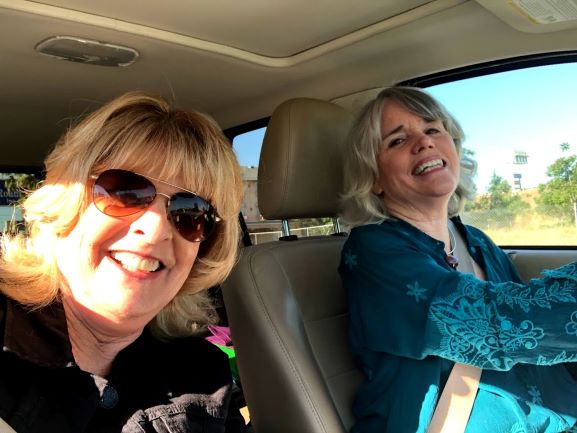Blog articles from NAMI Santa Clara County
Throughout the COVID-19 pandemic, El Camino Hospital’s behavioral health department never stopped admitting patients in mental health crisis, and the hospital saw a significant increase in first-time admittances.
The family dynamics created by mental illness are as diverse as the diseases that shape them.When Natalie Shampanier, a Licensed Marriage and Family Therapist, tried to help her mother who began to exhibit symptoms of severe paranoia and psychosis in her 50s, Natalie’s family life became complicated.
A pal, a peer, a mentor—everyone needs someone to lean on. For those diagnosed with a mental illness, having anyone in their corner when leaving a hospital, outpatient program, or jail can be the first step toward healing—especially when that individual has been down the same path.
No one understands that better than…..
By Moryt Milo (June 8 General Meeting) When Teresa Pasquini and Lauren Rettagliata released their “Housing That Heals” paper in May 2020, the study struck a nerve in the mental health community, and the women knew why. “There was so much truth in what we were saying,” Teresa said. A truth that advocated for local, state, and federal policymakers and community partners to think beyond the Housing First model and to…
By Moryt Milo When the pandemic forced court hearings onto virtual platforms, Santa Clara County Superior Court Judge Stephen Manley took his Behavioral Health Court hearings to the “client”—the Judge doesn’t refer to individuals as defendants. The judge met his clients virtually in their environments — in residential treatment facilities, homes, apartments, treatment programs, riding…
By Moryt Milo Santa Clara County Superior Court Judge Stephen Manley is a risk taker and like most risk takers he bucked the norm when he founded one of the country’s first drug treatment courts in 1994. His rationale was simple: “We took a different approach which was to utilize treatment instead of incarceration.” Four…
NAMI FaithNet is an interfaith resource network striving to educate and support faith leaders in creating a mental health friendly, stigma-free congregations in Santa Clara County. In this blog series, we highlight local faith communities that are commited to this goal. Congregation Beth AM is truly one of Santa Clara County’s pioneers in developing a…
Four walls, a foundation, and roof provide shelter but not a safety net for those with mental health needs. It’s the supportive services within this structure and the next structure and the one after that that will determine an individual’s ability to recover.
It’s 6 P.M. on the first Wednesday of the month and families and friends sign on to Zoom in the age of COVID. Fear and desperation can be seen on their faces. They need help. Their child or other family member is in jail.
NAMI Español extends a mental health lifeline to Latino families, especially in Santa Clara County where 25 percent of the population, or 500,000 people, make up the Latino community. Having a Spanish option within the NAMI Santa Clara County affiliate provides a comforting voice to those in need of mental health assistance. Lourdes Robles-Velazquez, who…
















